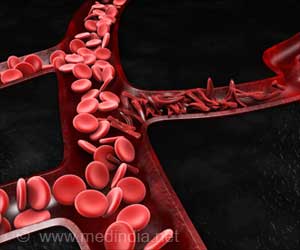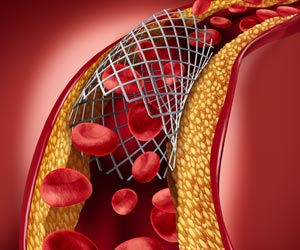The manipulation of inheritable genes to enable people to produce more ‘perfect’ children could radically change our attitudes to family
The manipulation of inheritable genes to enable people to produce more ‘perfect’ children could radically change our attitudes to family relationships and on being human, warns a leading US science organisation.
Many aspiring parents with inheritable diseases hold out great hope for IGM technology, which offers them the possibility of avoiding passing diseases such as Huntington’s Disease and schizophrenia on to their children.However, the report warns that IGM could be used not only to treat inheritable diseases, but to enhance normal human characteristics such as height, intelligence, eye or hair colour. This could be done, for example, by inserting additional copies of a growth hormone gene to try and attain additional height, or altering how well a gene expresses itself in order to increase memory.
Rapid breakthroughs in genetic research, advances in molecular biology, and new reproductive technologies are throwing new light on genetically inherited diseases. Among those advances is the possibility of modifying human genes that can be transmitted to future generations. Such techniques alter the genetic makeup of the reproductive cells, thereby promising to eliminate the inheritance of some genetically based diseases.
IGM techniques One form of IGM would be to treat the reproductive cells that develop into the egg or sperm, in males, during spermatogenesis, or in a female before the eggs mature at puberty.Another form would be to modify the sperm and egg cells themselves. Another technology currently under development would be to insert artificial chromosomes into eggs or sperm, or the cells from which they derive.
Already, one technique is being used which introduces inheritable changes, in treating mitochondrial genetic diseases. Mitochondria are not part of the nucleus (genetic material) of the cell, but they are organelles which live within the cell membrane, and do influence its function. Medical researchers are now able to treat these diseases by inserting segments of healthy mitochondria into a fertilised human egg, or by placing the egg nucleus into a different cell with healthy mitochondria.
Report coauthor Dr. Mark Frankel said “IGM utilising current methods for somatic gene transfer cannot presently be carried out responsibly on humans." The report recommends that human trials of inheritable genetic changes should not be initiated until reliable techniques for gene correction or replacement are developed that meet agreed upon standards for safety and efficacy.
Advertisement





